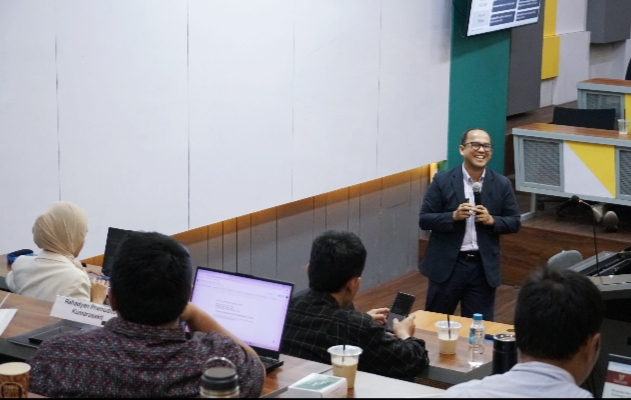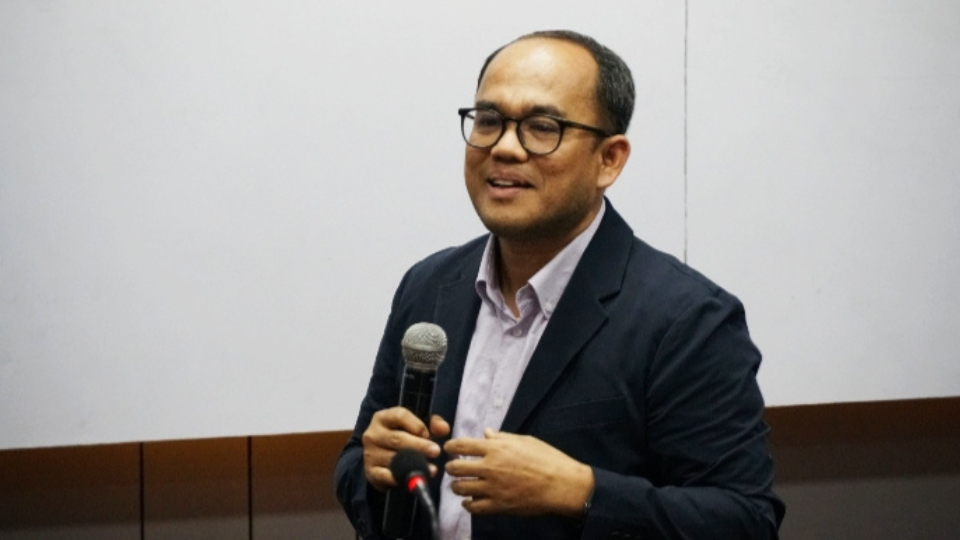The Indonesian economy in 2024 presents a promising opportunity for positive growth in financing distribution, with third-party funds showing notable improvement. This positive growth includes Sharia finance, according to Luqyan Tamanni, Head of the BSI Institute, during a seminar on “Development of Sharia Economy and Finance in Indonesia” at the Pertamina MBA Building, SBM ITB, Bandung, on Thursday (1/8).
Luqyan noted that the total assets of the global Sharia financial industry have continued to increase, reaching US$ 4.508 billion in 2022. Sharia banking remains the dominant force in the global Sharia financial services market, accounting for 72% of the sector.
Indonesia is one of the leading countries in Sharia financial development worldwide, excelling in economic performance, governance, knowledge and competence, sustainability, and legal awareness.
Luqyan further stated that national Islamic financial assets experienced a growth of up to 9.52% as of March 2024, with the Islamic capital market sector dominating at 60%. He expressed confidence that Indonesia is on track to become a regional financial hub for Islamic finance.
Indonesia is the second-largest contributor to global Islamic banking assets and is home to the world’s second-largest Muslim population. The significant increase in Islamic banking penetration has fueled the growth of the Islamic banking industry, outpacing that of conventional banking in Indonesia.
However, Luqyan emphasized the need for Islamic financial institutions, including Islamic banks, to strengthen support for the halal industry on a broader scale. He pointed out that Islamic finance has yet to fully contribute to the halal industry’s development.
Luqyan highlighted that Gen Z and Millennials will play a crucial role in accelerating and expanding Islamic financial inclusion due to their strong connection to the digital world and the internet. There have been significant shifts in banking trends towards digital banking integration, user-centered services, enhanced risk management, and competition in sustainable banking ecosystems. The adoption of digital Islamic banking applications is on the rise, driven by their practicality.
Luqyan also stressed the importance of the Indonesian government undertaking structural economic reforms to maximize the country’s demographic potential, particularly by increasing income levels among the broader community. He noted that economic policies must consider the structure of the Indonesian economy, which is dominated by micro, small, and medium enterprises.
Additionally, he called for the development of an ecosystem grounded in the Islamic Economy, which aligns with Islamic values and principles and supports sustainable development goals.





